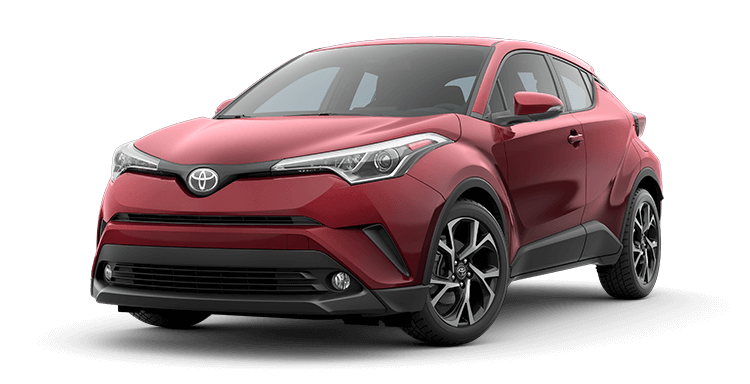The Toyota FJ Cruiser is a popular SUV that many drivers rely on for daily transportation. It’s important to keep your Toyota FJ Cruiser in good condition by following the recommended maintenance schedule and using the correct type of oil. In this article, we will discuss the Toyota FJ Cruiser’s Engine Oil Capacity and how to check your oil level.
2007 2008 2009 2010 2011 2012 2013 2014 Toyota FJ Cruiser Engine Oil Capacity
| Engine | Engine Oil Capacity with filter | Oil type (viscosity grade) |
| 2010-2014 4.0L 6-cyl Engine 1GR-FE | 6.4 quarts (6.1 liters) | 0W-20, 5W-20 |
| 2007-2009 4.0L 6-cyl Engine 1GR-FE | 5.5 quarts (5.3 liters) | 5W-30 |
Oil change intervals: 10,000 miles (16,000 km) or 12 months.
Oil Drain Plug Torque: 30 ft/lbs
Toyota recommends that drivers check their oil level at least once a month. You can do this by opening the hood and locating the dipstick. The dipstick will have markings that indicate the minimum and maximum oil levels. If your oil level is below the minimum, add more oil until it reaches the full mark. It’s important not to overfill your engine with oil, as this can cause damage.
If you’re unsure about what type of oil to use in your Toyota FJ Cruiser, consult your owner’s manual or ask a qualified mechanic. Toyota FJ Cruisers typically use SAE 0W-20 synthetic motor oil. This type of oil is designed to protect your engine and improve fuel economy.
0W-20 is the best choice for good fuel economy and starting in cold weather. If 0W-20 is not available, 5W-20 may be used. However, it must be replaced with 0W-20 at the next oil change.
The engine of the Toyota FJ Cruiser is a large V-shaped petrol atmospheric six with a volume of 3955 cubic centimeters. Thanks to its good displacement and four camshafts, the power unit develop 276 horsepower at 5600 rpm and 380 Nm of torque at 4400 crankshaft rpm.
With such an engine, the SUV accelerates to a speed of one hundred kilometers per hour in 8.4 seconds, and the maximum speed, in turn, is equal to 180 kilometers per hour. With such an engine size, you should not rely on efficiency. Fuel consumption of the Toyota FJ Cruiser will be 14.7 liters of gasoline per hundred kilometers at a city pace with frequent acceleration and braking, 11.8 liters during a measured trip on a country road, and 13.4 liters in a combined driving cycle.
Toyota FJ Cruiser is equipped with one engine, five-speed automatic transmission, variable transmission, and an all-wheel-drive system. Although there is no choice as such, all the units presented are quite universal and capable of meeting most of the requests of potential buyers.















